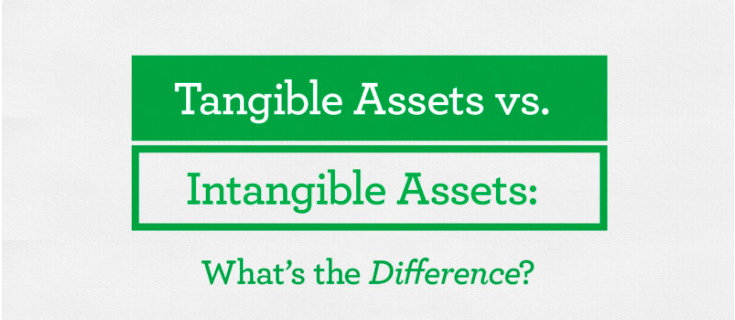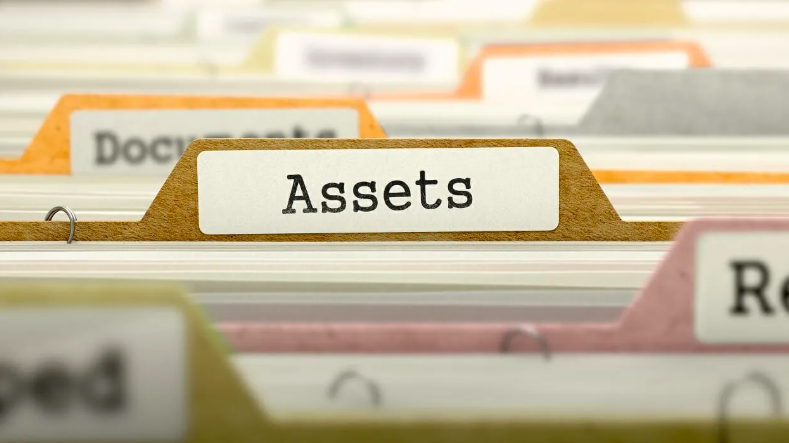
Who Handles the Money? Understanding the Nigerian Escrow Agent & Legal Facilitators
You’ve found your dream property in Lagos, Abuja, or Port Harcourt, your offer is accepted, and you’re buzzing with excitement. But then, the reality of the transaction sets in. How do you ensure your money is safe until the property is fully yours? Who makes sure the seller gets paid only when all the conditions are met?
In many countries, this is handled by an "Escrow Officer." In Nigeria, while the title is less common, the function is absolutely critical. The process is managed by a combination of legal professionals and financial institutions acting as neutral third parties.
The Core Concept: Impartial Money and Document Management
The principle of escrow is a secure process where a neutral third party holds money or assets for two other parties until certain conditions of a contract are fulfilled. In a real estate transaction, this means your funds are protected until the property title is successfully transferred to your name.
This role is vital in Nigeria’s property market to prevent fraud, ensure transparency, and build trust between buyers and sellers.
The Key Players in the Nigerian System
So, who performs this crucial role in Nigeria? It's typically not a single person with the title "Escrow Officer," but rather one of the following:
- Solicitors/Legal Practitioners: This is the most common facilitator. A reputable law firm acts as the neutral intermediary. They:
Open a dedicated client trust account to hold the buyer's deposit and balance payment.
Verify the authenticity of documents from the seller (Title Deed, Certificate of Occupancy, etc.).
Conduct due diligence at the Lands Registry.
Prepare the necessary legal agreements, including the Contract of Sale and Deed of Assignment.
Ensure all conditions are met before releasing funds to the seller and handing over the keys and documents to the buyer.
2. Commercial Banks: Some commercial banks in Nigeria offer escrow services for high-value transactions like real estate. They act as the custodian of the funds, releasing them only upon receiving joint written instruction from both the buyer's and seller's solicitors, or upon proof of perfecting the title (e.g., a registered Deed of Assignment).
3. Dedicated Escrow Companies: While less traditional, specialized financial technology (FinTech) companies and some institutions now offer formal escrow services tailored for Nigerian transactions, often providing a digital platform for transparency.
The Buyer can be confident their money is safe and will only be released once the legal documents proving ownership are secured.
The Seller has a guarantee that the buyer has the funds ready and that payment will be made as soon as all obligations are met.
- Engagement: Both parties agree on and engage a neutral solicitor or bank.
2. Opening Escrow: The buyer pays the agreed deposit into the designated trust or escrow account.
3. Due Diligence: The facilitator conducts checks and prepares the legal documents for signing.
4. Fulfilling Conditions: Any conditions in the contract (e.g., repairs, securing government consent) are completed.
5. Final Payment & Signing: The buyer pays the balance into the account. The Deed of Assignment is executed (signed) by both parties.
6. Disbursement: Upon confirmation that the Deed of Assignment has been stamped and registered at the Lands Registry, the facilitator disburses the funds to the seller.
7. Handover: The buyer receives the keys and the original registered title documents.
Your Partner for a Secure Transaction
While the job title "Escrow Officer" might not be standard in Nigeria, the function is non-negotiable for a safe property purchase. Your solicitor or bank, in this role, is your essential partner in mitigating risk.
Always ensure your sale agreement clearly states:
Who the neutral third party will be.
The account details for the escrow trust account.
The specific conditions that must be met before funds are released.
Investing in a reputable estate firm isn't just a step in the process—it's your best protection for a smooth and secure transition into your new property.

 September 21, 2025
September 21, 2025


